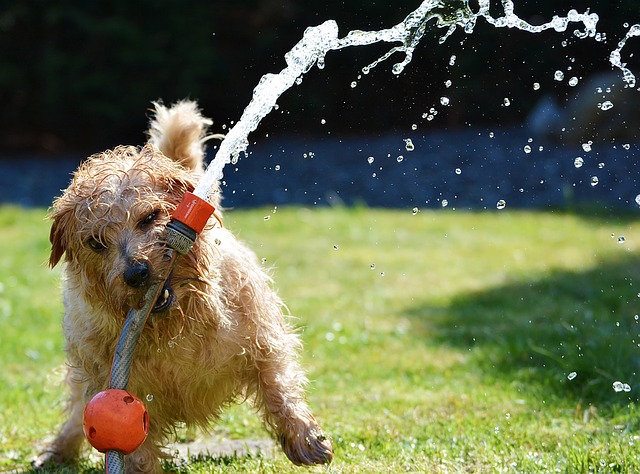Food

 Steven Maxwell
Steven Maxwell
Activist Post
April 13, 2016
Do you water your vegetable garden with recycled city water? If so, you may be eating pharmaceutical contaminants that accumulate in your food.
A recent study by the American Chemical Society published by Chemistry and Engineering News shows that “eating vegetables grown using reclaimed water boosts urine levels of carbamazepine, an anti-epileptic drug commonly detected in wastewater” meaning that anyone who consumes this produce is exposed to the carbamazepine drug in detectable dosages.
The drug can enter waterways in a multitude of ways, from drain disposal of unused medication, excretion through the urinary tract of those who consume it, and even water that is disposed of by facilities that produce drugs. Since the carbamazepine drug is transmittable through the waterway, this has sparked the attention of agricultural workers who utilize large amounts of water for their crop irrigation systems.
The study utilized “34 healthy volunteers” in Israel where much of the water is recycled. The volunteers were instructed to eat their normal amounts and types of vegetation that are normally consumed on a daily basis. For the first week, they were given produce grown using organic water. The second week, they ate food grown with the treated wastewater. Those who were exposed to the repurposed water had higher carbamazepine levels in their urine as opposed to those who were exposed to produce grown with organic water.
The idea of drug consumption, of any degree, showing up in urine tests is something that alarms many people. For those who do not directly use the drug, the fact that carbamazepine (a mood stabilizer) shows up in their urine is something concerning, especially with the amount of corporations and businesses that implement mandatory drug tests into their hiring and housekeeping processes. Though any level of drugs in the body must be assessed, the amount that shows on the urine test report is, “four orders of magnitude away from levels of if you were taking the drug.”
Since there are still reports and tests being performed to understand long-term effects in groups such as women, children, the elderly, and vegetarians, the findings have caused some discomfort. It should be noted that carbamazepine is not the only rogue drug found in city water. A host of other pharmaceuticals, and even narcotics like cocaine, are routinely detected in public water supplies. But this is one of the first studies to show that these trace chemicals get into our food supply.
Between studies like these and the news that aging water systems like in Flint, Michigan contain dangerous levels of lead, Americans have been looking for ways to use water that has been untampered with by chemicals and drugs. A recent poll showed that half of all Americans do not trust their tap water.
Gardeners who live in cities where water is recycled would be safer relying on rainwater as much as possible. Applying heavy mulch to gardens will retain much of the natural rainfall for longer periods of time. Additionally, collecting rainwater in barrels at the end of downspouts from roofs is another great option to trap feral water for future use.
The decision to continue to consume water and vegetation exposed to drugs such as carbamazepine and other substances depends upon the individual and the degree of the toll you believe it will take on your health. For drinking water, it’s best to use a high-quality water filter. Bathing is another issue altogether. You may consider installing a whole house filter or at least a shower unit.
Steven Maxwell writes for ActivistPost.com where this article first appeared. You may share or repost in full with attribution and source link.